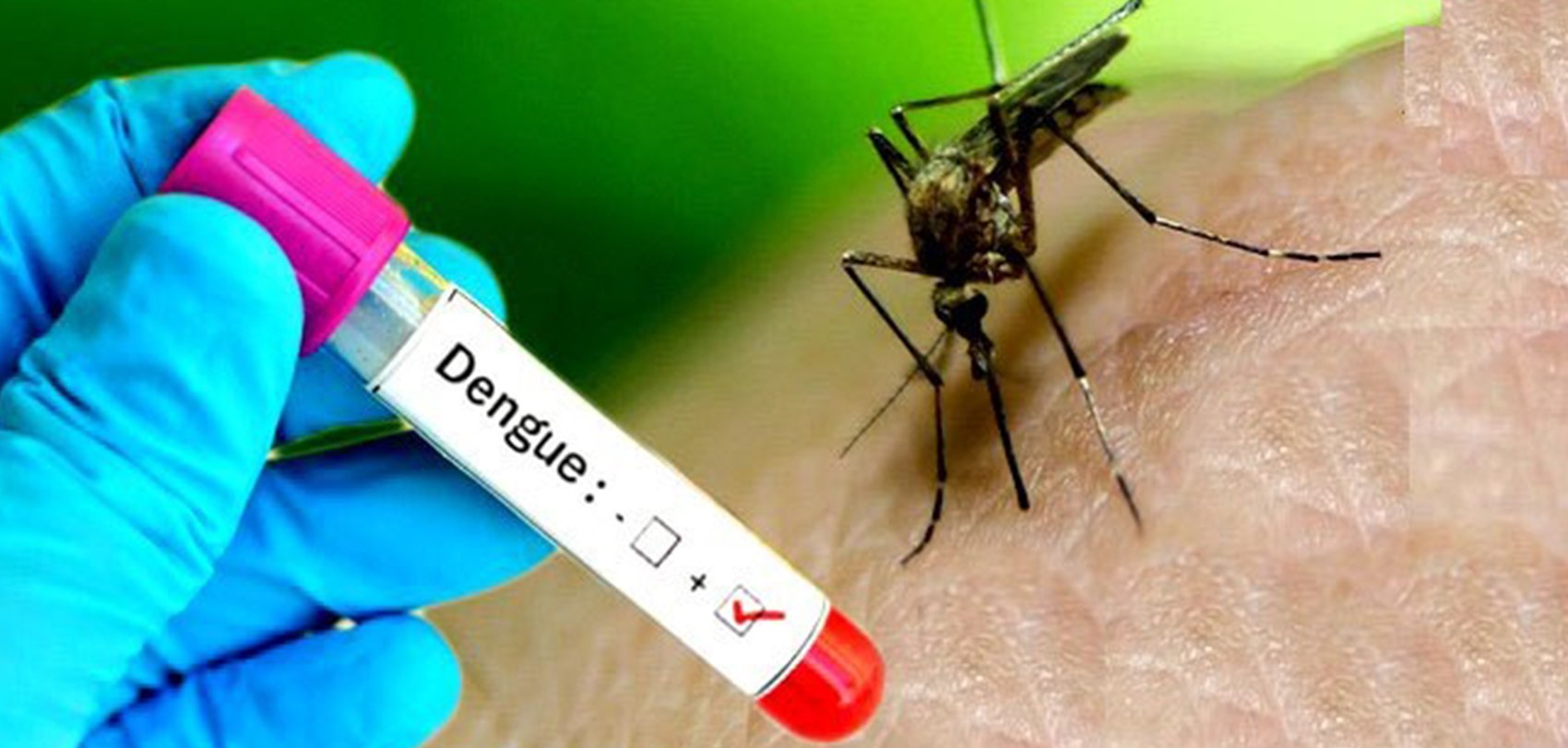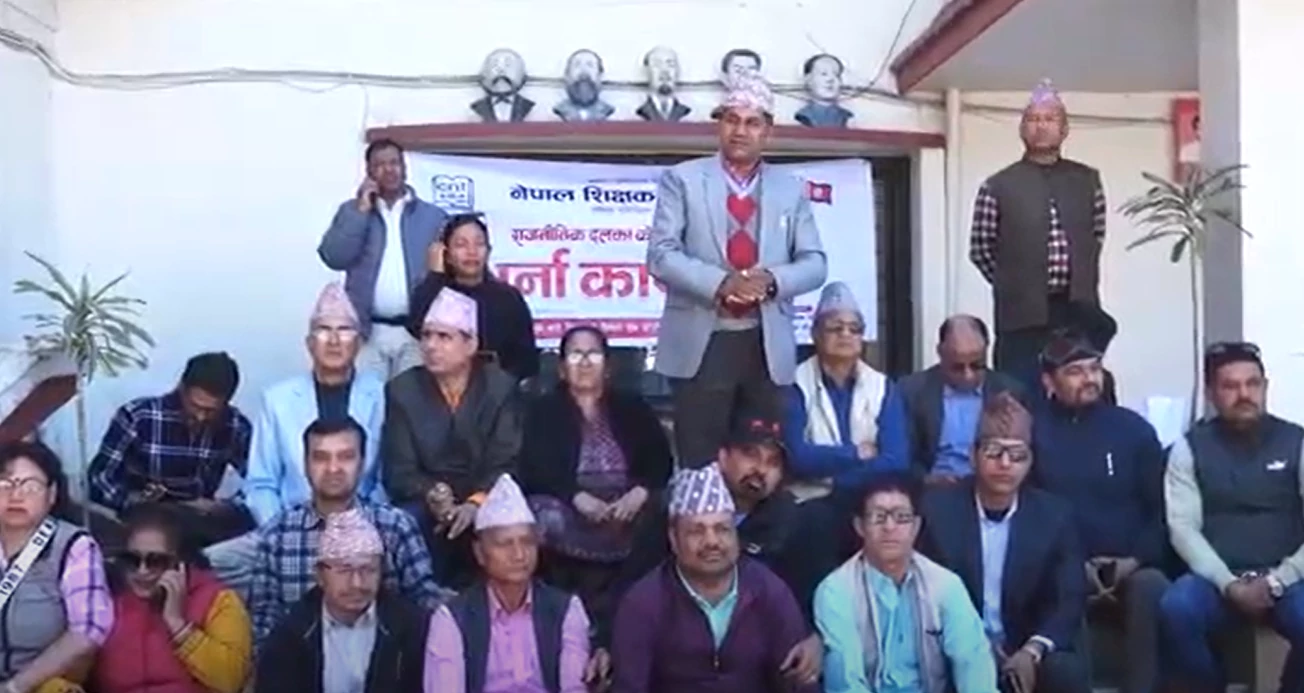Dengue infections increasing annually, doctors warn of growing risk

Kathmandu, November 7 — Doctors have warned that dengue infections are increasing year by year. According to past data, they claim that the number of dengue cases has been rising consistently.
Despite a decrease in cases each month this year compared to last year, the government has warned that the risk of infection remains high.
Senior Infectious Disease Specialist at Shukraraj Tropical and Infectious Disease Hospital, Dr. Sher Bahadur Pun, stated that with each outbreak, dengue is becoming more severe. He predicted that the coming years could be even more challenging. He also noted that this year, Tanahu has experienced a dengue outbreak. Districts such as Kathmandu, Tanahun, Parbat, Lalitpur, and Chitwan have been the hardest hit by the disease. The Gandaki Province has reported 50% of the total dengue cases in the country.
According to the Ministry of Health and Population, dengue has spread to all districts except Humla. Since January, 12 people have died from the disease, and government data shows that 28,212 people have been infected so far.
In a conversation with News Agency Nepal, Dr. Pun warned that after the end of the COVID-19 pandemic, dengue has become even more dangerous and could turn into an epidemic in the coming years. He criticized the public for not paying enough attention to the outbreak, despite the growing threat.
Dr. Pun emphasized that the rising infection rate and outbreaks are making dengue more deadly. He added that while the disease used to appear in limited areas, it is now spreading rapidly across the country. The recent outbreak in Tanahun is a clear indication that dengue-carrying mosquitoes (Aedes species) can thrive anywhere in Nepal, and any location could potentially see a large-scale outbreak in the coming years.
Challenges ahead: "The coming years will be tough"
Based on past trends, Dr. Pun predicted that the infection rate would continue to rise, especially with new outbreaks, increasing the number of cases and fatalities. He expressed concern that despite the growing infection rate, the general public has not taken the matter seriously. He highlighted that the elderly and those with chronic illnesses are more vulnerable to severe cases of dengue.
"As the infection spreads, it becomes harder to control. We must take immediate action to control dengue," said Dr. Pun, urging the public to be more vigilant and take preventive measures.
Public awareness needed to fight dengue
Dr. Pun pointed out that while there has been some public awareness, it has not been taken seriously enough. He stressed that aggressive awareness campaigns are needed, and the public must be proactive in preventing the spread of dengue. "We need to increase our efforts to raise awareness—double or triple the current campaigns," he said.
He also emphasized that public indifference to the disease is one of the main reasons for its rapid spread. "Ignoring the disease early on is a major factor in its spread," he added.
Global concern: Dengue affects the world
Dr. Pun highlighted that dengue is not only a concern for Nepal but is also affecting countries globally. He believes Nepal could serve as a role model in tackling dengue, but only if the public takes it seriously and remains alert. He urged the public to seek immediate medical attention if symptoms like severe vomiting, abdominal pain, bleeding from the nose or gums, or extreme fatigue appear.
"Dengue could turn into a global epidemic if proper measures are not taken," he warned.









Leave Comment